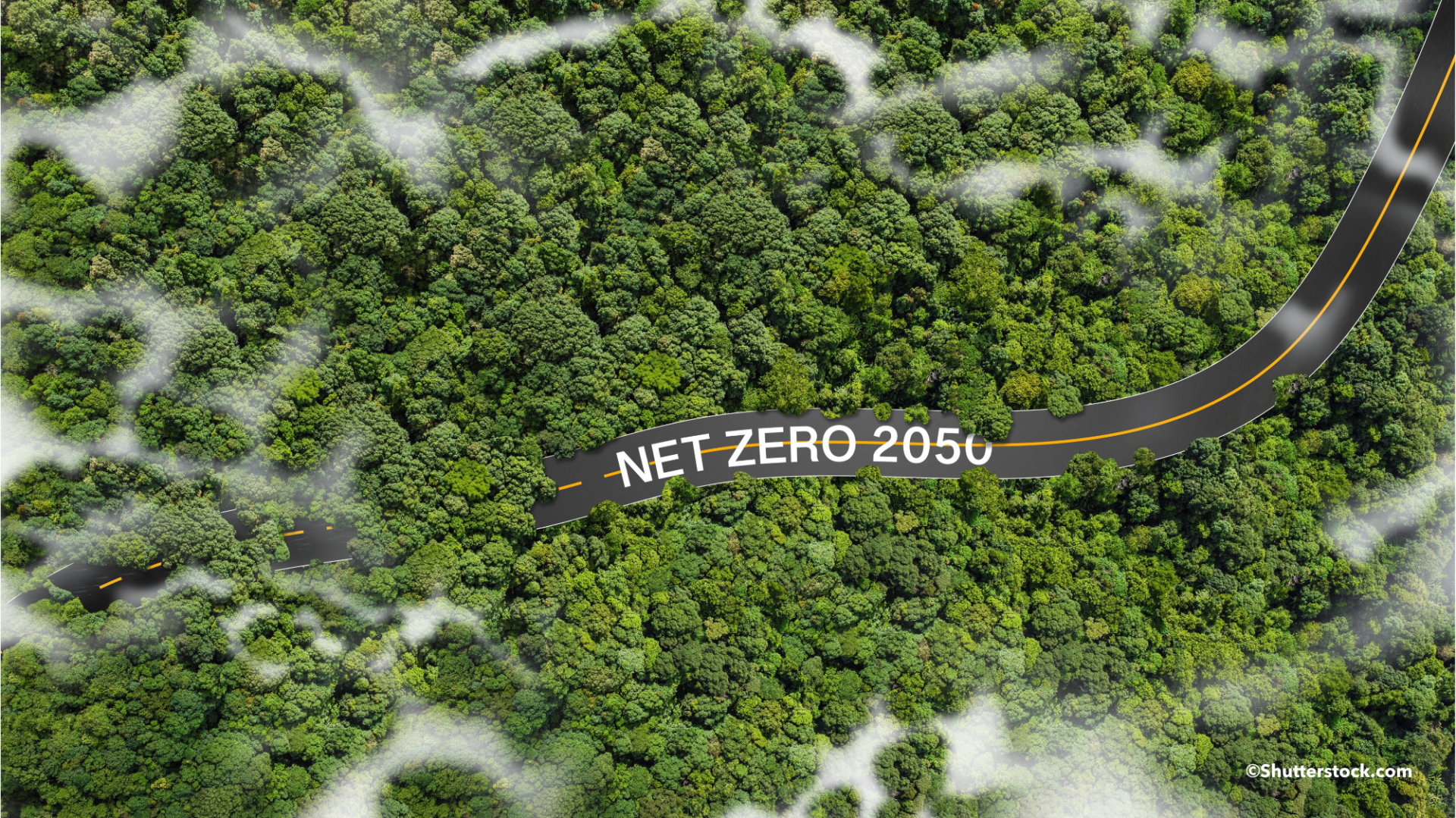
On 28 October, the United Nations’ Framework Convention on Climate Change (UNFCC) released its “NDC Synthesis Report", analysing the new round of 64 Nationally Determined Contributions (NDCs) for 2035 submitted under the Paris Agreement, in which each country must detail its plans to curb greenhouse gas emissions to limit global warming to 1.5°C every five years. Notably missing is the European Union’s NDC, despite the 30 September submission deadline, as the Union continues to grapple with setting its own objectives for its domestic and international climate efforts.
According to the Synthesis Report, the current pledges, which cover only around a third of all global emissions, are insufficient to keep global warming below 1.5°C. Including estimates for the EU and China based on various unofficial announcements — both yet to submit their NDCs — and the US NDC submitted by former President Joe Biden, which is unlikely to be implemented by the current Trump administration, the existing plans would cut carbon emissions by only 10% over the next decade compared with 2019 levels, a sixth of what is needed to achieve the Paris Agreement’s objectives.
Still, according to Simon Stiell, the UN’s climate chief, the report contains some “green shoots of good news” in that countries are continuously making progress towards cutting emissions. Indeed, the report finds that the new NDCs show a progression in terms of quality and credibility, and are generally consistent with a linear trajectory towards a long-term net zero target, even if acceleration is still needed.
Meanwhile, the European Commission had promised to share its updated NDC before COP30, taking place in Belém, Brazil, from 10 to 21 November, and continues in parallel to negotiate its 2040 climate target. In amending the EU Climate Law, the 2040 target – whose links to the 2035 NDC have often been discussed – represents a halfway point between the EU’s 2030 and 2050 objectives, of respectively a 55% reduction in carbon emissions compared to 1990 levels and climate neutrality. EU Climate and Environment ministers are expected to reach an agreement on both the EU’s NDC and the 2040 target during the Council of the European Union meeting on 4 November, while the European Parliament is also struggling to agree on a position on the latter, a necessary step to launch interinstitutional negotiations.
In parallel, the EU Parliament is still trying to weigh further on climate discussions and set out its demands ahead of COP30, where it will send a delegation, led by MEPs Lídia Pereira (EPP, Portugal) and Vice-Chair Mohammed Chahim (S&D, Netherlands) during the second week of the conference. The resolution, approved by the Committee on the Environment, Climate and Food Safety (ENVI) underlines the need for the EU to set ambitious goals for its climate policy, and calls on countries to contribute to climate finance to support vulnerable and developing nations.
Indeed, climate finance is another key element of the COP30 negotiations ahead of the summit. Overall, despite fragmentation and difficulties, the EU remains a central player: in 2024, it contributed €31.7 billion in public climate finance as well as an additional €11.0 billion in private support, with close to 50% of the amount financed through grants. About half of the public climate funding for developing countries has been directed to climate adaptation or combined mitigation and adaptation initiatives. These efforts notably contribute to the global objective of reaching $100 billion per year in climate finance through to 2025.